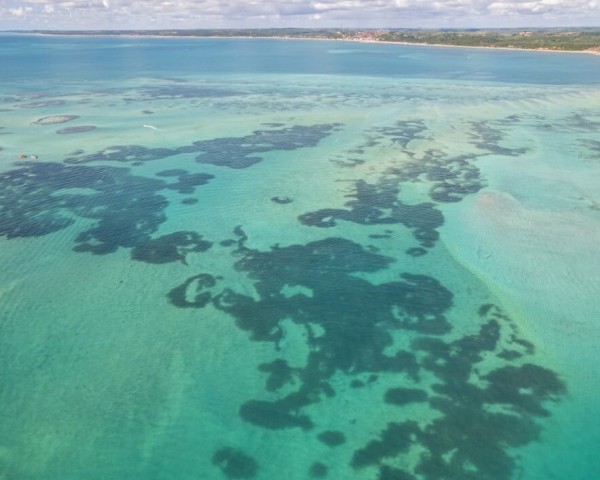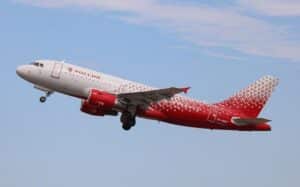The environmental policy of Brazilian President Luiz Inácio Lula da Silva is an “asset” for promoting green tourism. This economic activity can play a key role in the conservation of nature. This was stated by the president of promotion agency Embratur, Marcelo Freixo.
Since taking office on January 1, Lula has reversed the environmental policies of his predecessor, Jair Bolsonaro. He has pledged to halt deforestation in the Amazon by 2030 and eradicate illegal mining, another major threat to the rainforest.
Experts point out that green tourism is particularly interesting because it attracts a type of high-income traveler and offers new employment forms in rural areas, thus contributing to environmental preservation. Ecotourism is one of many segments with excellent growth potential. Brazil can make more of its culture, gastronomy, and “native tourism”.
Tourism in figures
Experts emphasize that diversification of tourism is a fundamental strategy to increase the weight of tourism in the economy, which now stands at around 7%.
Between January and April, Brazil welcomed 2.68 million tourists, a figure similar to the 2019 data, while cumulative spending by travelers increased by 32% to $2.155 billion.
The recovery in tourism is mainly due to the arrival of Argentines (1.18 million in four months), which accounts for 44% of the total and exceeds the total number of citizens of that country who visited Brazil in all of 2022.
Experts believe the moment is favorable to surpass the 6.5 million foreign tourists who arrived in Brazil in 2019.
However, he recognizes that the high price of air tickets “inhibits” the arrival of travelers from distant source markets, such as Europe and the United States.
The Brazilian authorities are negotiating with airlines such as TAP, Iberia, or Condor to increase the number of flights.
The Challenges
Until these markets recover, Brazil’s tourism sector, a country of 213 million people, will continue to depend primarily on the domestic market.
Some experts believe Brazil, like Portugal, can reach 18% of its GDP with tourism share. The tourism sector can represent much more to the Brazilian economy than today.
However, Brazil needs to invest more in infrastructure, training, and promotion of the workforce. Still, this aspect clashes with the need for more political intention, translating into financing difficulties for destination promotion. For example, Brazil invested $13 million in tourism promotion, compared to $60 million in Argentina, $160 million in Colombia, or $490 million in Mexico.




